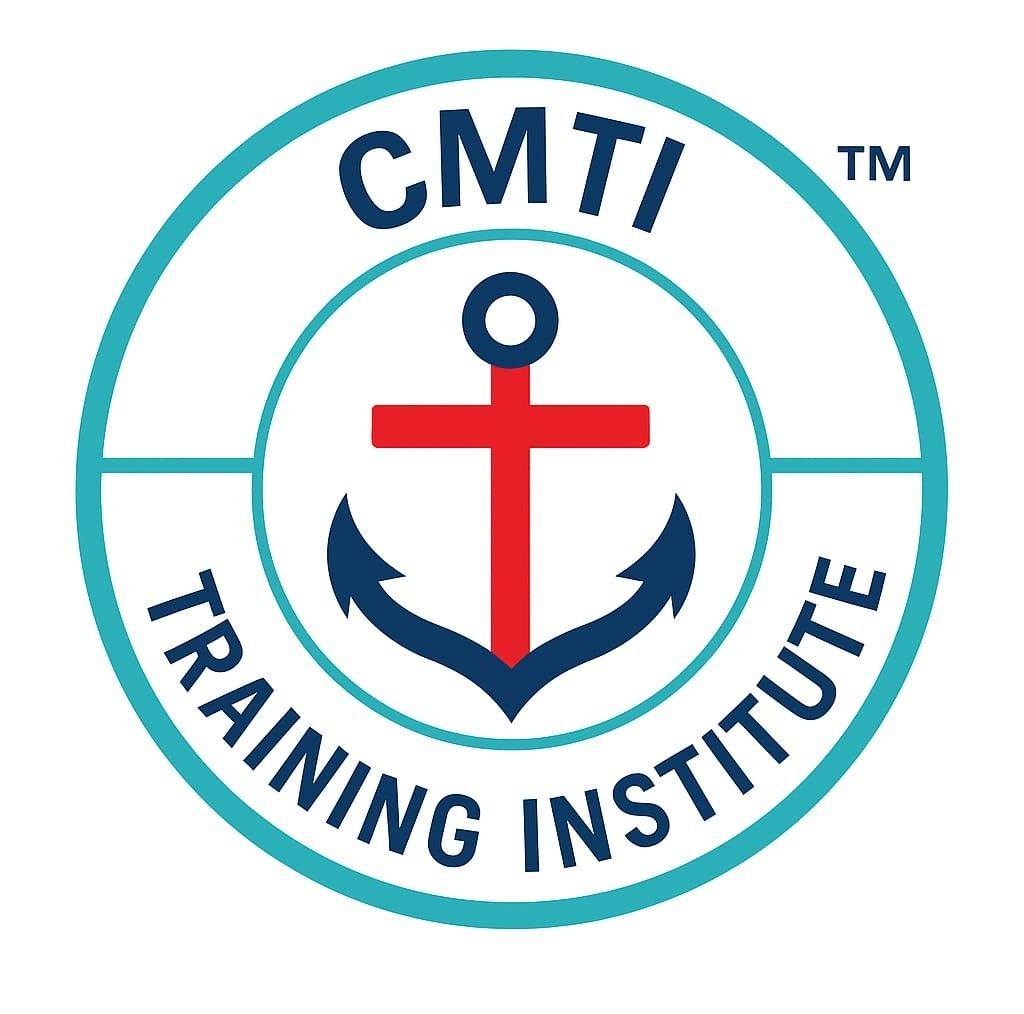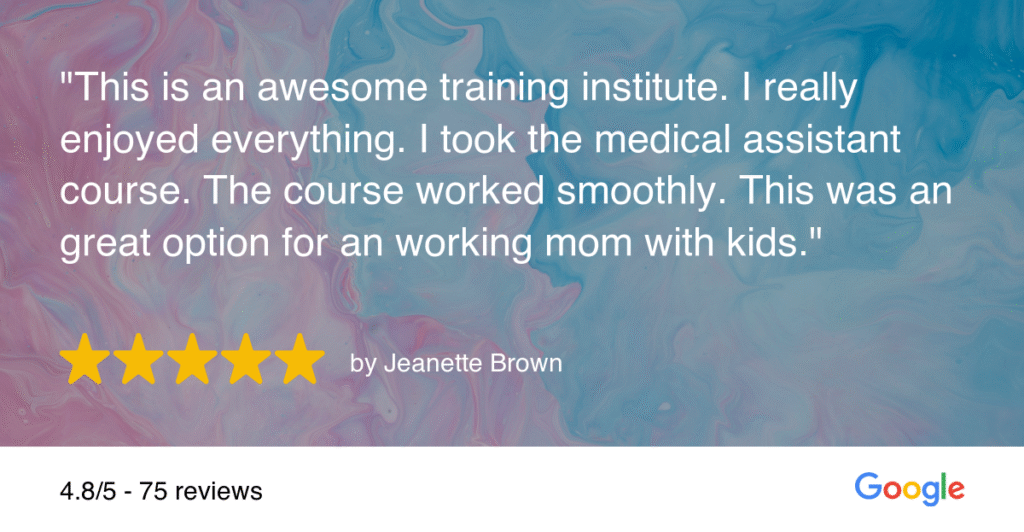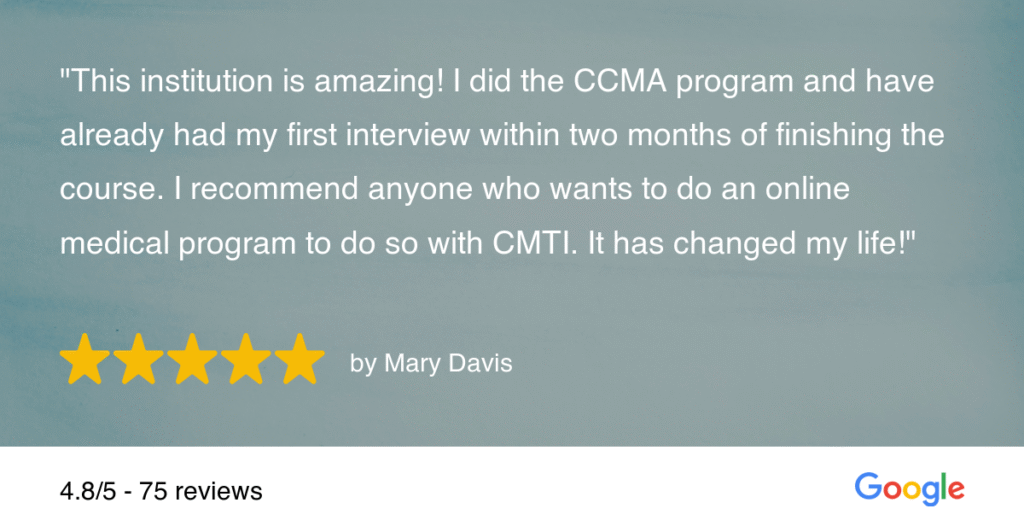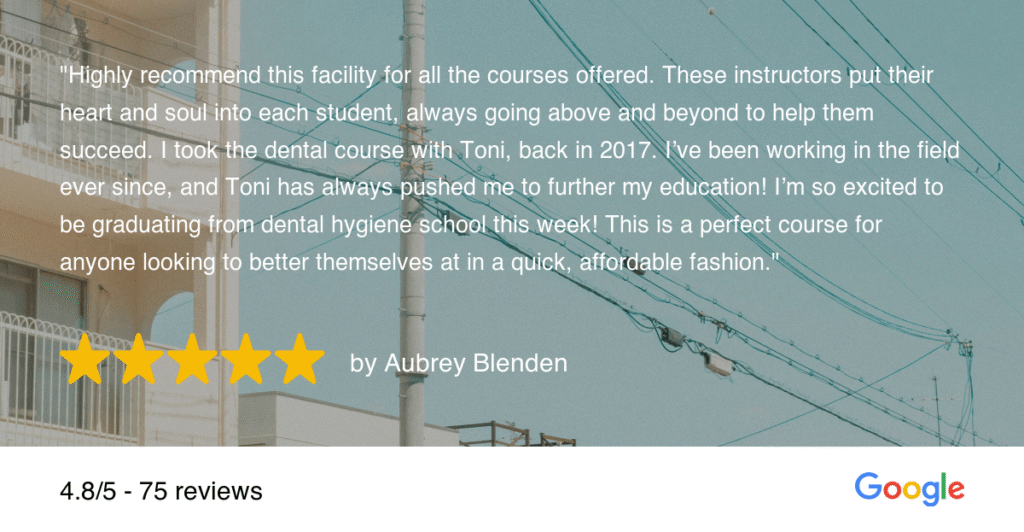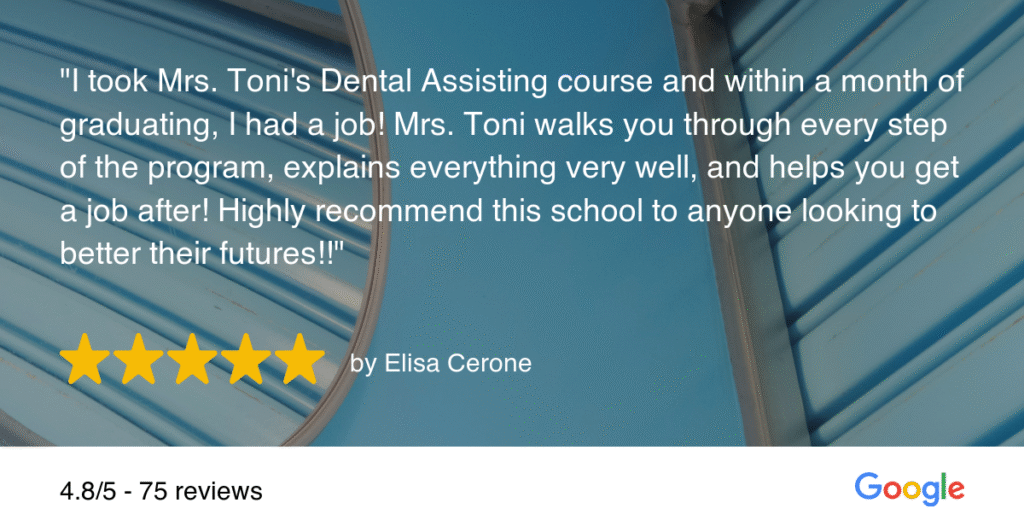
Medical Billing and Coding
“Flexible, affordable, and fully online — gain the skills to launch your billing and coding career in just weeks.”
What You’ll Get
Learn from certified instructors, study at your own pace, and get ready to earn your Certified Billing and Coding Specialist (CBCS) certification from the National Healthcareer Association.
208 Course Hours
Deep, structured training with detailed lessons and quizzes for strong comprehension. Complete the course at your own pace with 6 months of access.
Interactive Online Learning
Real-life simulations and virtual scenarios to reinforce practical application.
Free CBCS Study Guide + Practice Tests
Provided by the National Healthcareer Association (NHA) to help you prepare for your certification exam. This is like a course within a course. You will have access to virtual coding simulators and real life situations!
High Demand
Certified Medical Billers and Coders are in demand across the country in hospitals, clinics, outpatient centers, and insurance companies.
Attractive Starting Salary
Begin your career with an average annual salary of $36,000+, with room for growth and advancement.
Work from Anywhere
Many billing and coding positions offer remote or hybrid options, perfect for work-life balance.
Just a Few of Our Hiring Partners
Real employers. Real careers. Real opportunities for you.
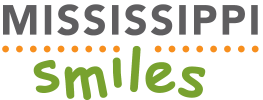

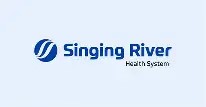
Medical Billing and Coding
Course Requirements
- Coastal Medical Training’s Billing and Coding Course is only $699.00 or 14 weekly payments of $50.00.
- (Weekly payment plans available through CMTI Training Institute or flexible options with AfterPay, Klarna, or PayPal Pay Later)
- Fourteen (14) week online course.
- Weekly Zoom meetings available with a Certified Expert Instructor
- Students have access to Certified Expert Instructors throughout the course for guidance and support.
- NHA Online training modules and practice tests included
- Students must be at least eighteen (18) years of age to enroll
- All students must provide a valid government-issued photo ID
- Must provide a High School Diploma, GED, or Official High School Transcripts
- Reliable internet access and a web browser or smart phone.
- The NHA exam fee is $129 (not included)
Enrollment Requirements (Quick Overview)
✔ High school diploma or GED required for certification eligibility
✔ Reliable internet access and a computer, tablet, or smartphone
✔ Study at your own pace with instructor support
If you’re currently working on your GED, you may begin coursework while completing it.


What You’ll Learn:
Our course delivers in-depth training in all key areas of medical billing and coding:
- Medical Terminology and Anatomy for Coders
- ICD-10-CM, CPT®, and HCPCS Level II Coding Guidelines
- Insurance Billing, EOBs, and Claims Management
- Compliance, HIPAA, and Fraud Prevention
- Denial Resolution and Appeals
- Electronic Medical Records (EMR) and Health IT Systems
- Includes: CBCS Study Guide and NHA Practice Exams (exam fee not included)
You’ll also experience virtual case scenarios that prepare you to handle real-world billing and coding responsibilities with confidence.
After completing the course, you’ll be eligible to sit for the CBCS Certification Exam through the NHA (National Healthcareer Association) — a nationally recognized credential for medical billing and coding professionals.
Let’s Talk About Your Career Goals!
Contact Us to Explore How We Can Support Your
Training Journey!
